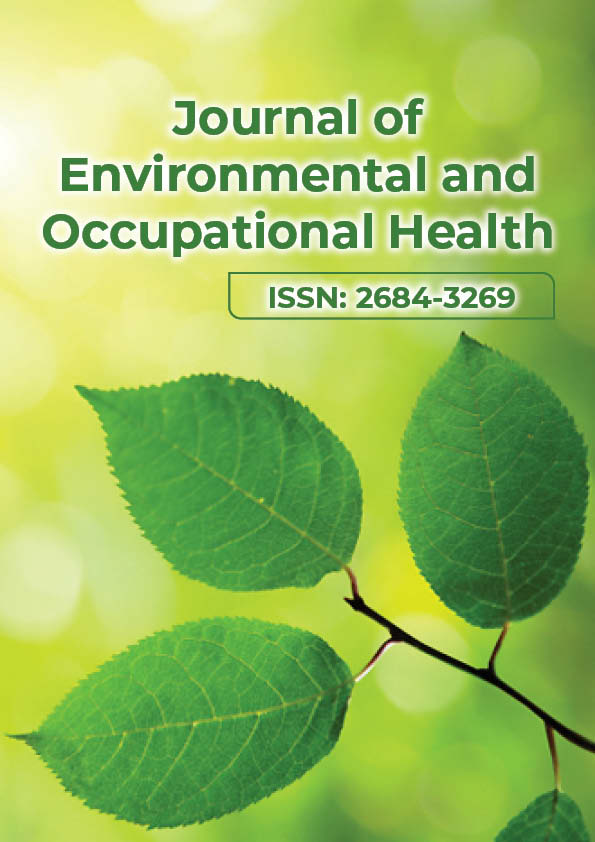Effect of N-methyl-N-nitrosureaon microRNA expressionin CBA/CA mice
Abstract
Krisztina Juhasz, Katalin Gombos, Katalin Gocze, Veronika Wolher, Monika Szirmai, Peter Revesz, Ingrid Magda, Andor Sebestyen,Istvan Ember
Aim: There is emerging evidence concerning the postexposure effect of chemical carcinogens on miRNA expression. In spite of this fact there haven’t been so many investigation so far regarding the miRNA modification induced by N-methyl-N-nitrosourea, a well known pluripotent enviromental carcinogen. The aim of the study was to evalute the acute effect of MNU on miRNA expression. Methods: We investigated the expression level of miRNAs includemiR-21 oncomiR and miR-146a is involved in NFkB antiapoptotic pathway and let-7a functioning as tumor supressor targeting ras and c-mycgenes. The miRNAs expression levels were determined, in the year 2011, using quantitative PCR methods in CBA/CA H2kinbred mice at 24th hour and one week after MNU treatment and the data were evaluated in 2012.Results: We found significant upregulation of miR-21 gene in liver -, spleen –and kidney tissues. The most strikingly difference was observed in the the spleen, where all miRNA genes were upregulated in both treated groups related to the controls. Let-7a was also highly expressed in the most of the investigated organs, while miR-146a showed a reduction after 24 hours as well as one week later MNU injection. Conclusions:The early alteration in expression of let-7a, miR-21 and miR-146 genes in „in vivo” animal model could indicate their involvement in the acute effect of MNU, especially in the spleen. The characterisation of miRNA profile will lead to better understanding of mechanisms underlying the development of chemically induced tumorgenesis and may even serve as possible tool for indicate carcinogen exposures.
PDF




